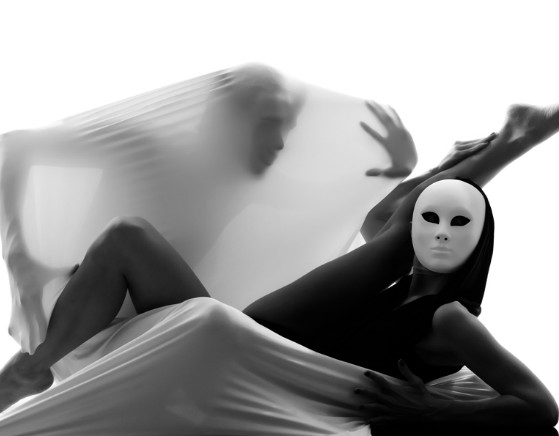Invisible. {poetry}

{source}
I don’t often write about my experience with chronic illness. In fact, I’d testify that I pretty much never do unless I’m crowdfunding for my expensive medical treatments.
That’s a huge chunk of my life left without a voice. That’s six years, the loss of independence, having to stop mid-MFA, losing my identity as a world-traveler, artist and academic. It is heartbreak, loss, alienation, isolation, pain. So much pain interspersed, of course, with joy and loving-kindness, and reassessing my identity — because I refuse to identify with my illness more than I have to.
Lately I’ve been wondering why I couldn’t give a voice to the intensity of these experiences. The keyword is intensity. I told myself (and others) that I wouldn’t write about my disease because I didn’t want to give it any more of myself. Writing is my sacred space. But, that was a cop-out. It was too much, too heartbreaking for me to write. How do you give words to pain?
So, in order to heal from the trauma of illness, I decided I needed to give it due respect. I decided to let it into my sacred space, if only a trickle at first. I started by focusing on the external — on the feeling of being cast out of society and the anger that arises from the alienation of falling through the cracks.
***
Invisible
How are you, you’ll ask
but your eyes will have glazed
over before my answer’s begun
so I’ll answer, I’m fine,
I’m okay, thanks for asking
I’ve learned to lie
I’ve learned to hide
the truth
because you ask
but don’t listen
you’ll sympathize
but can’t empathize
you’ve become numb
to my Not okay.
And maybe my dis-ease
causes you discomfort
an uncertainty about life
a reminder of your fallibility
And through all of this
I’ve become invisible
You can’t see my disease
my skin is clear, pallid
but I still have my hair
and though I often use
a walking aid, embarrassed,
self-conscious, I avoid
drawing attention, “But you don’t look sick,”
“At least its not cancer,”
“Well, you look good to me,”
“If only i looked so good
when I’m sick
with the flu,”
“At least its not terminal,”
“I have a friend whose friend’s sister
got better using…”
Oh, you’re right,
thank you for enlightening
me on my condition
thank you for minimizing my
affliction that will see me
through to my very end.
Thank you for your compassion.
You can’t see my suffering
because I am alone
in a darkened room
curled up and writhing
I’ve become invisible
when I come out of hiding
on a good-pain day
I grin and bear it
in my isolation
we’ve become strangers
so you believe the lie,
it’s easier.
And when you ask how I am
I’m tired of the pretense
I’m tired of your indifference
I don’t have the energy
to politely pretend
for your comfort
your eyes have glazed over
before I begin
but I answer anyway
the brutality of my truth
my pain and suffering alienate you.
But you weren’t really there to begin with
when I can’t eat what you eat
and I can’t get on the piss
when I can’t participate
in all the hedonism of being
twenty-something and carefree
or the adult-ing of being
thirty-something with a job,
a mortgage and kiddies.
We no longer relate
because I don’t look sick
and you’re tired of my complaining
you have your own shit to deal with.
My invisible disability has slowly
erased my social identity and
I can hate you for your narcissism
or lack of compassion
but I don’t have the energy.
I can feel minimized in the
shadow you cast
or I can be so much bigger,
so much brighter on my own.
***
Andrea Sheldon is a writer and visual artist living with chronic illness. She is currently working on a book of poetry and her first novel. Andrea lives in Sydney, Australia, with her little wolf pack, where they don’t frequent the beach as much as they should. You can find fragments of her on Instagram and Twitter.

